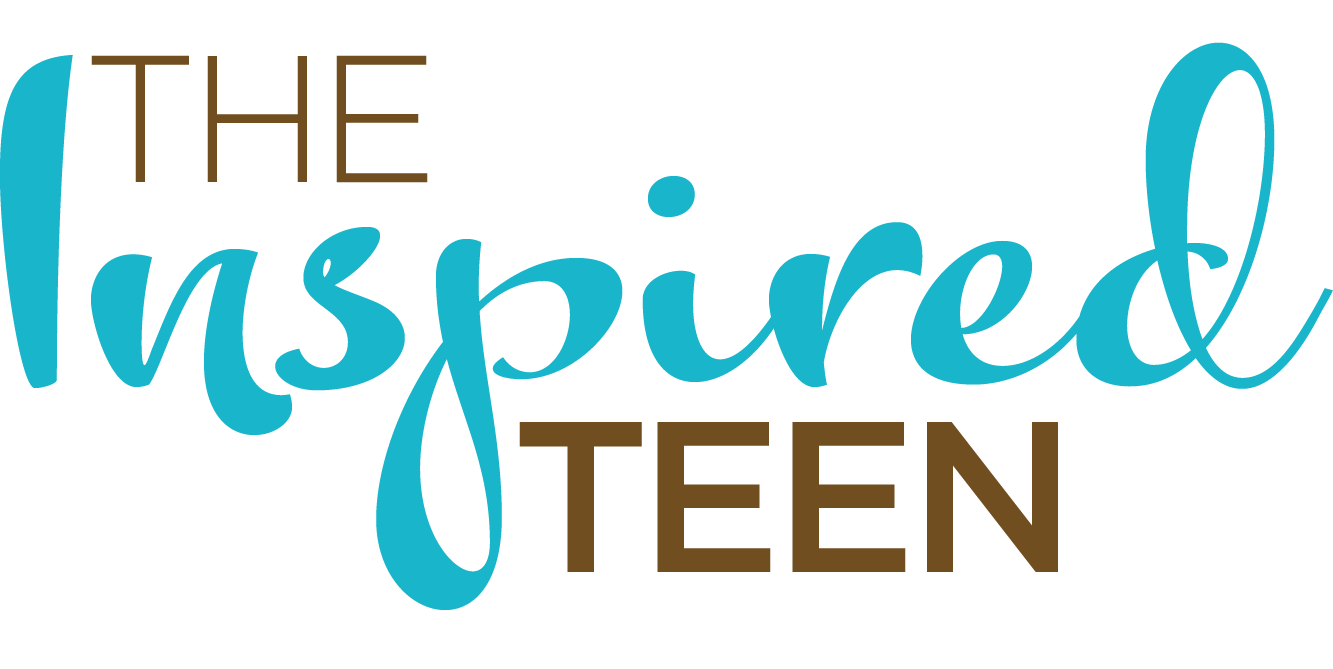Four Tricks of the Mind That Affect Happiness
As we move into 2023, many of us are thinking about the upcoming year.
One thing I would love to experience is more happiness. I know my teens would love to, as well :) In the free Yale CourseThe Science of Well-Being by Laurie Santos, she teaches all about which things bring happiness (like kindness and gratitude) and four annoying tricks of the mind that can prevent us from feeling it as often as we would like to. I thought this was fascinating and I have thought about it frequently since my husband and I watched the course.
The four are:
1. Miswanting. Sometimes the things we think will make us happy, don't. Our intuition is not always right. We think a new car, new job, more money, or losing weight will bring more happiness than we are currently experiencing, but they really don't. We might experience a small bump of happiness, but they don't bring the long-term happiness we think they will. Advertising can REALLY play a part in this because it promises happiness from materialistic things, and research shows that those things don't bring the happiness we think they will.
2. Reference points affect us. The second annoying feature of the mind is that the way we judge ourselves relative to reference points can make us feel worse than we should. There are all kinds of optical illusions that demonstrate how easy it is to "trick" our minds. For example, you might be happy with your salary until you find out your coworker is making $10,000 a year more for doing the same job. Or, your teen might be thrilled you got them a phone until they see their friend has a more expensive one. These social comparisons can deprive us of a LOT of happiness!
3. Hedonic adaptation. Our brains adapt to things VERY quickly. This can be a good thing when we are in challenging or stressful situations and it's amazing what we can adapt to. However, it can also get in our way because we adapt so quickly when positive things happen. This is one of the reasons mis-wanting affects us so much. We do get happiness bursts when something positive happens, but that boost doesn't last very long because we adapt to our new normal so quickly. C Northcote Parkinson once said,
"A luxury, once enjoyed, becomes a necessity.”
I have definitely experienced this in my life!
4. We mispredict how we will feel. This goes along with others. Not only do we not accurately judge what will bring us happiness, we mispredict how long we will feel happy. This happens with negative emotions, as well. Researchers ask people to predict their happiness level on a scale before something happens (like getting a D in a class), then go back and have people report how much it really affected them later. In almost every case, people are wrong. They overpredict how much those things will affect them. There are three types:
Impact Bias - we overestimate the impact something will have on us, both in intensity and duration
Focalism - our brains focus on one thing and forget about all the other things happening in our lives (like going out with friends, receiving a kind text, enjoying a cupcake, etc)
Immune Neglect - we are unaware of the power of our physiological immune systems and forget how many protections we have built in that help us overcome challenges
As we learn to notice these in our lives, as well as teach our teens to do the same, we can counteract them and focus on the things that do bring lasting happiness. I will talk about those in my next post! Until then, check out this blog post for ten things you can do as a parent to help your teen feel happier:
https://www.theinspiredteen.com/blog/10-tips-for-a-happier-teen

